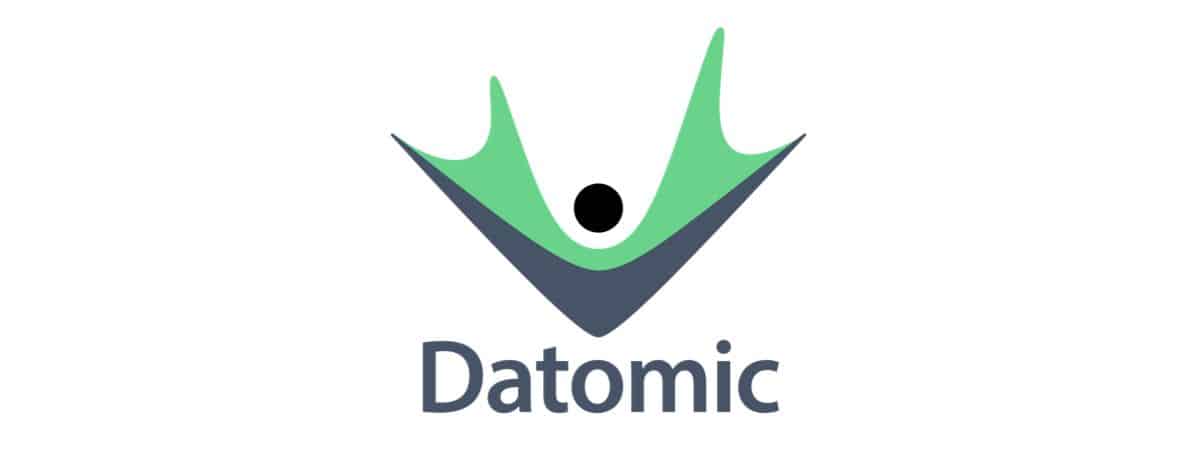
Datomic is a distributed database designed to enable scalable, flexible, and intelligent applications running on next-generation cloud architectures.
Several days ago the news broke that Nubank, the American company that acquired Cognitect and owner of the main digital banking platforms, decided to release all versions of Datomic, its distributed database.
With this announcement, Datomic is now released under the Apache 2.0 license. and is available for direct download and use through Maven Central, with no registration required, plus Datomic Cloud will be available on the AWS Marketplace at no additional software cost.
About Datomic
datamic is described as:
A proprietary database management system. It is an operational DBMS, that is, it allows updates in real time. Instead of assigning and overwriting values to named attributes, Datomic keeps track of all immutable facts over time, which sets Datomic apart because previous states can be accessed at any time. Datomic is also a distributional DBMS, providing horizontal read scalability.
Datomic is a distributed operational database management system and an implementation of Datalog, the declarative logic programming language. According to Nubank, it is not designed to be a data warehouse or high performance system and high turnover (such as a time series database or a log store). Another feature of Datomic is that it allows the application server to execute queries on the application server, unlike many other client-server DBMSs, in which case the database server executes the queries.
In addition, Datomic leverages existing storage services like Cassandra, SQL, and Dynamo DB, giving you more flexibility.
There are two Datomic products, Datomic Cloud and Datomic On-Prem. Datomic Cloud is designed for AWS integration, and Datomic On-Prem (On-Premise) could be built on any storage infrastructure and service.
The main thing that distinguishes Datomic is that it accumulates facts (facts). The facts in a database are immutable: once stored, they do not change. However, most databases assign values to named places, such as a field in a particular row, a node in a particular document. In these systems, as these values change, the new values overwrite the old ones.
Datomic, on the other hand, differs from these databases in that it tracks the entire history of a fact and allows you to quickly and easily access your previous states. According to Nubank, in addition to this data model, based on immutable facts stored over time, Datomic, which is presented as a decomposed database, distributes reading processing,
A datom follows the form of a 5-tuple
entity identification
Attribute
attribute value
Transaction ID (time)
a boolean value that encodes whether the datom is an addition or a retraction.
Although Datomic does not require a table schema that specifies attribute columns up front, it does require specifying individual attribute properties. This is called a universal scheme.Data in Datomic is stored in “distributed storage services”, a group of machines where each machine stores a subset (chunk) of the data independently. There could be redundancies between fragments. Datomic uses the key value store as its data model and has a consistent hash function that encodes the key (entity ID) at the location, i.e. machine, where the corresponding tuple is stored.
Finally, it is worth mentioning that after Nubank announced that all editions of Datomic are available under the Apache 2.0 license, Many interested users can get and use these products for free, as they include unlimited peers and/or clients, built-in Memcached support, support for a variety of storage, high availability for failover, and more. Nubank explains that it chose this free option to make Datomic more useful to more people in more situations.
Finally if you are interested in knowing more about it, you can check the details In the following link.